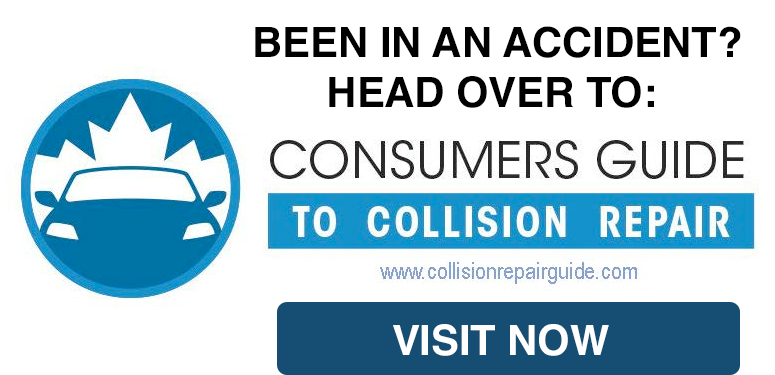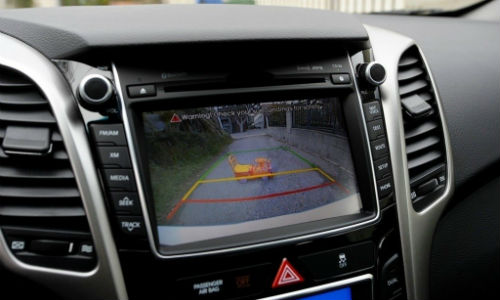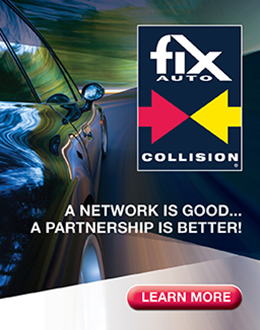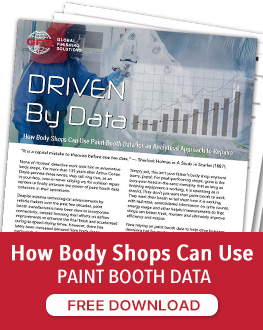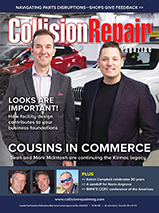By Jeff Sanford
Toronto, Ontario — May 11, 2017 — This week’s Friday Fun takes a look at the coming age of mandatory back-up cameras, how the City of Hamilton tried to argue that a little boy hit by a car while crossing the street was “contributorily negligent,” what the BC election might mean for the province’s insurer and much, much more!
– A story in the National Post notes that 2018 will be the year that most of the cars purchased in Canada will require a rearview backup camera. The new law will apply to light-duty vehicles, passenger cars, trucks, three-wheeled vehicles, multi-purpose passenger vehicles, small buses and low-speed vehicles. To get the law passed, Canada had to wait for the United Nations to invent and sign off on new regulations regarding “indirect visibility.” As well, “Studies had to be carried out by Transport Canada in conjunction with the Canadian Vehicle Manufacturers’ Association, the Global Automakers of Canada (GAC), major European and Asian manufacturers and the Motorcycle & Moped Industry Council.”
Transport Canada requested input from all provinces and territories, “but only three responded,” according to the report. An estimate kicked around is that yearly there are about 1,500 injuries and “24 to 27 fatalities in back-over collisions involving pedestrians and cyclists,” according to the story.
– Canadian Underwriter reports that the Supreme Court of Canada has finally wrapped up a case that has been ranging through Canadian courts for fifteen years now. It involves the City of Hamilton, which was hoping to find itself not held liable in the case of a nine-year-old boy hit by a car at “a location where a crossing guard is normally posted.” In 2002, Dean Saumur was hit by a car. In 2015, a trial was held to determine the liability of the driver and the City of Hamilton. A judge found the two parties “were 50 percent contributorily negligent each,” according to a report in Canadian Underwriter.
The City of Hamilton argued that the kid who got hit was also “contributorily negligent.” The case ended up at the Supreme Court. “The City takes the position that it was not required to provide a crossing guard … It concedes, however, that having voluntarily undertaken to provide one, it was responsible to execute the crossing guard programme prudently during the times that it had undertaken to do so,” ruled the judge.
– The National Post is reporting that the day after purported mob boss Angelo Musitano was murdered in his driveway, “his older brother — believed to be the boss of a Mafia clan that bears the family name — exchanged his flashy Ferrari sports car for something less likely to draw attention … Further, about two months before Tuesday’s targeted shooting, the elder brother, Pasquale ‘Pat’ Musitano, inquired about having his cars bulletproofed…” The newspaper credited “sources in the auto industry,” for the information.
According to the Post, “On Wednesday, as news of the murder was making headlines, Pat Musitano returned his grey Ferrari California hard-top convertible with orange and beige interior to a leasing agent. He allegedly said his reason for returning it early was he was trying to stay low key, according to a source with knowledge of the transaction … In March or April, Pat Musitano made inquiries about the cost and ability to add bulletproofing protection to some of the cars he uses day-to-day, according to a source in the industry … He was interested in adding bulletproof shielding in the doors, replacing the windows with resistant glass, and having steel reinforcements in the tires that allow cars to drive even if the rubber tires are blown or shot out.”
– The CBC ran an interesting story this week about insurance clients who are mad they have to pay more because they don’t want to join a telematic-based plan. Telematics have been a big trend in the insurance industry for some time now. Insurance companies track closely the behaviour of clients, offer them discounts on insurance if they adopt more risk-averse behaviour.
Not everyone loves the technology, however. A source in the CBC story grew concerned after he, “… questioned why his rates went up last year, despite a clean driving record and a single claim years ago for a windshield.” Turns out a telematic device suggested he deserved a higher rate. “I said, ‘I’ve been with your company all these years and you’re treating me like a criminal,”‘ the source was quoted as saying. A privacy lawyer noted the devices are a way to “reduce rates for people who are good drivers,” but went on to suggest, “… the devices do not differentiate between drivers, so insurance companies ‘don’t know if it’s you or your teenaged son out driving, so what may happen is that your rating is influenced by the unsafe driving habits of your son’.” A VP at the Insurance Bureau of Canada was quoted as saying that the solution for people like the original source in the story who feel “the device is intrusive,” is to not use these devices. Participation is strictly voluntary. You ¨don’t have to use them,” according to the industry spokesperson.
– The BC provincial election sees the Greens achieve a potential oddly large (per seat count) bit of power. The NDP and Libs came in at minorities. The Greens hold the balance of power with a caucus made up of a handful of people. Amazing. Could the two bigger parties come to the Greens for the deciding vote? Seems so. What makes this interesting is the attitude of some Green party candidates to the constant issue in the province, the Insurance Corporation of British Columbia (ICBC).
A local Kelowna newspaper asked local candidates for their take on ICBC’s monopoly on car insurance. Alison Shaw ran for the BC Greens in Kelowna-Lake Country and said, “ICBC is a crown corporation and a public asset. It is mandated to provide the best value for the rate payer and be non-profit. Currently it has not been used that way. It has been used more like a government ATM machine. I would push to investigate the effectiveness of ICBC and different policy options for ratepayers. Compared with other provinces, BC insurance rates are lower and part of this is the result of public insurance. ICBC, however, should not be an ATM for the government to balance the budget, which ultimately forces rate increases. Its mandate as a non-profit that provides the best value for the rate payer should be restored.”
Rainer Wilkins, the BC Green candidate for Kelowna-Mission, was quoted as saying, “I do not believe the BC Greens support removing the public asset of ICBC’s monopoly … Personally, I believe more oversight is required to ensure that the people of British Columbia (the owners of ICBC) are receiving the right services at the right price. Surely if we manage ICBC properly we can offer better value insurance than private corporations, if not then perhaps private insurance should be considered.”
– The NY Daily News reports that, “Between an increasing number of airbags, high-strength structural materials and driver assistance technology, overall vehicle safety has increased exponentially during the past few years alone … Common assumptions about autonomous vehicles are that they will put an end to accidents and, ultimately, put the car insurance industry out of business … However, a report from Automotive News indicates a very different trend in the world of vehicle intelligence … With more extensive airbag systems along with arrays of high-tech sensors to power features such as lane keeping assistance and automatic emergency braking, safer vehicles can actually be more expensive to repair when they do get into accidents because of the high costs associated with those components.”
The story goes on to note that, sure, vehicles are at a higher risk of being declared a total loss after being involved in an accident, but “… the number of people on the road and the total number of miles driven are on the rise in the US as the economy continues to pick up steam; more driving means more accidents, even for cars designed to avoid them … If the cost of repairing vehicles with advanced safety systems continues to outpace that of other vehicles, it begs the question: will companies charge higher premiums for insuring these vehicles or will the reduced risk of being involved in a crash be enough to offset the cost?” The answer from the paper? That classic bit of cliche journalistic summation, “Only time will tell.”


